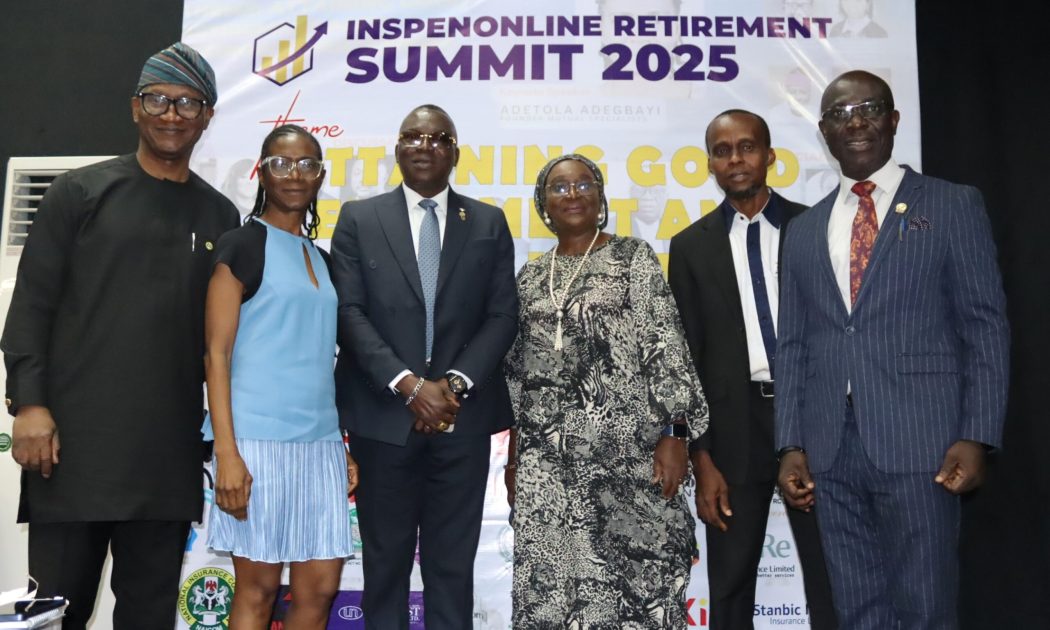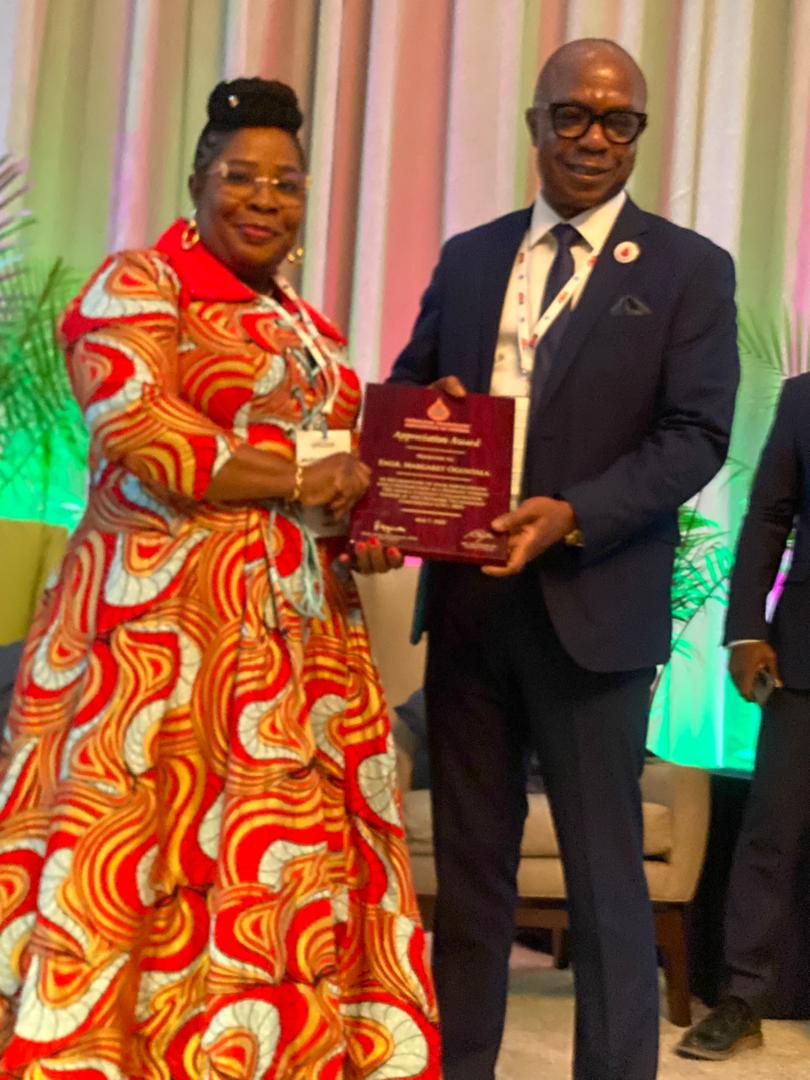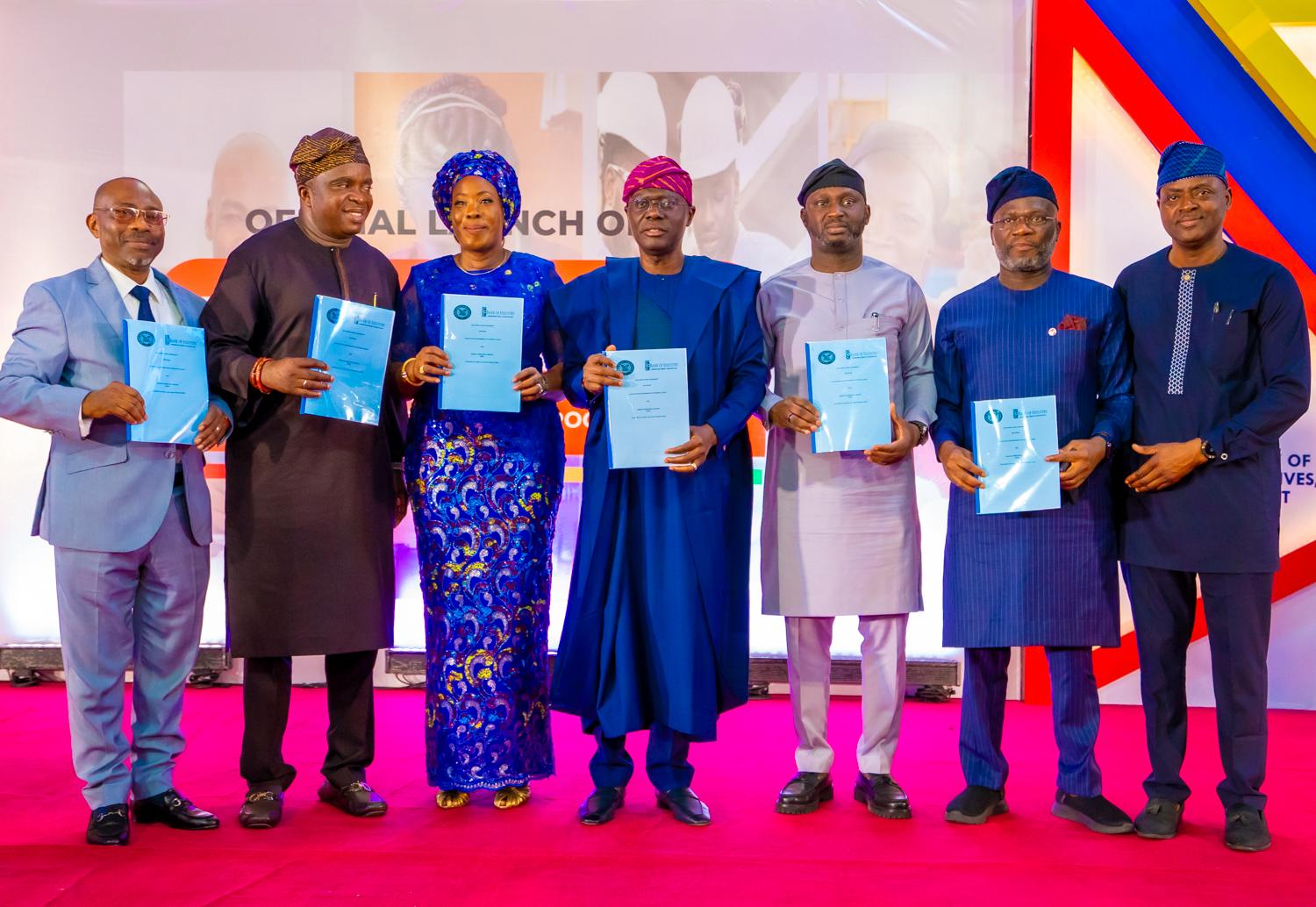Long-term financial planning, risk management crucial to secure retirement – NAICOM
By Taiye Olayemi
The National Insurance Commission (NAICOM) says long-term financial planning and risk management are crucial for securing a comfortable retirement.
Its Chief Executive Officer, Mr Olusegun Omosehin, said this during the 2025 edition of Inspenonline Retirement Summit on Wednesday, in Lagos.
Omosehin, who was represented by Mr Julius Odidi, Lagos Director of NAICOM, said individuals must prioritise early planning and saving for their retirement to ensure financial stability and security in their golden years.
The theme of the summit is “Attaining Good Retirement Amid Economic Headwinds”.
The Commissioner for Insurance said that financial planning was essential due to growing complexities retirees face in an era defined by inflationary pressures, market volatility, and shifting demographic patterns.
He said, “The reality today is that more individuals are approaching retirement with concerns about income sustainability, healthcare costs, and the adequacy of their pension savings.
“These economic headwinds are not merely statistics, they represent the lived experiences of millions of our citizens. As regulators, insurers, pension administrators, and policymakers, we must rise to this challenge with innovation, empathy, and resilience
“From the insurance sector’s perspective, retirement planning must be rooted in long-term financial protection and risk management.
“Products such as annuities, life insurance, and retirement savings plans are not just financial instruments, they are vital tools for peace of mind in later life. We must work to ensure these tools are accessible, transparent, and align with the evolving needs of our aging population.”
According to Omosehin, the economic headwinds confronting retirees could be surmounted through coordinated action, strategic foresight, and trust in financial instruments, institutions and systems.
He said to navigate the period effectively, policy alignment and regulatory reforms must be focused on.
He noted that product relevance and accessibility as well as financial literacy and consumer empowerment must also be priotised.
“We must ensure that our policies across the insurance, pension, and financial sectors are not working at cross-purposes.
“Regulation must be enabling, responsive, and focused on long-term value rather than short-term gains.
“Industry must invest in designing affordable, relevant, and inclusive retirement products, especially for the informal sector, which constitutes a significant portion of our population.
“Micro-insurance and digital platforms hold tremendous potential in this regard,” he said.
Omosehin urged insurers, and regulators to collaborate, innovate, and advocate for policies and practices that will ensure every Nigerian retiree have the means to survive and the resources to thrive.
“At NAICOM, we remain committed to deepening insurance penetration, strengthening consumer confidence, and fostering partnerships across the financial services system.
“We are actively engaging with stakeholders to develop frameworks that enhance the integration of insurance and pension systems, especially in addressing longevity risks and post-retirement income security,” he said.
Also, Mr Akinjide Orimolade, Managing Director, Stanbic IBTC Insurance Ltd. explained the rudiments of the company’s new plan known as “Sunset Benefit Plan”, which allows for effective planning ahead of retirement.
The Chairperson, Nigeria Labour Congress, Lagos Chapter, Funmi Sesi, called on all levels of government to ensure full compliance with the Contributory Pension Scheme (CPS) as only six states were currently complying.
Sesi also emphasised the importance of prompt payment of gratuity to workers, stressing that delayed payments could cause financial hardship and uncertainty for affected employees.
Meanwhile, Mr Chuks Okonta, Publisher of Inspenonline and organiser of the Retirement Summit, stated that the event aimed to shift the narrative around retirement.
According to Okonta, many people view retirement as a daunting prospect, fearing financial uncertainty.
He said: “We want to change this perception, our goal is to empower individuals to plan effectively for retirement, enabling them to look forward to this phase of life with joy and confidence, rather than fear and uncertainty.” (NAN)
Edited by Olawunmi Ashafa














